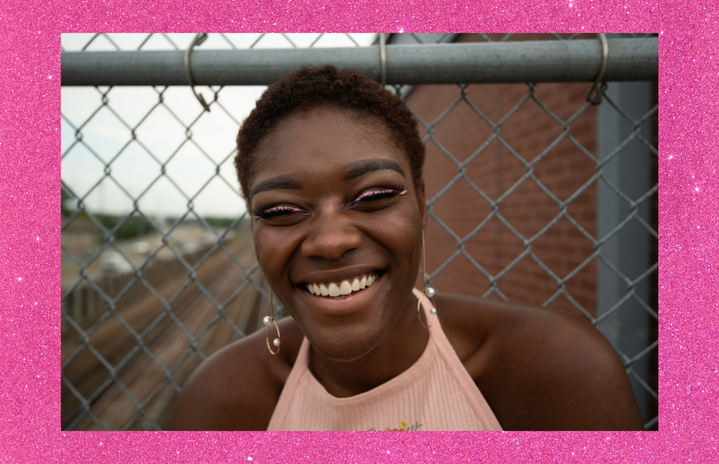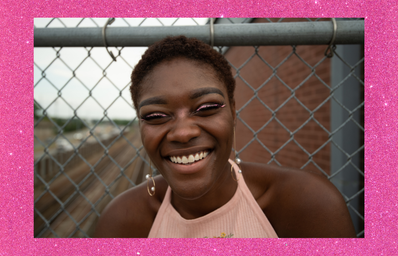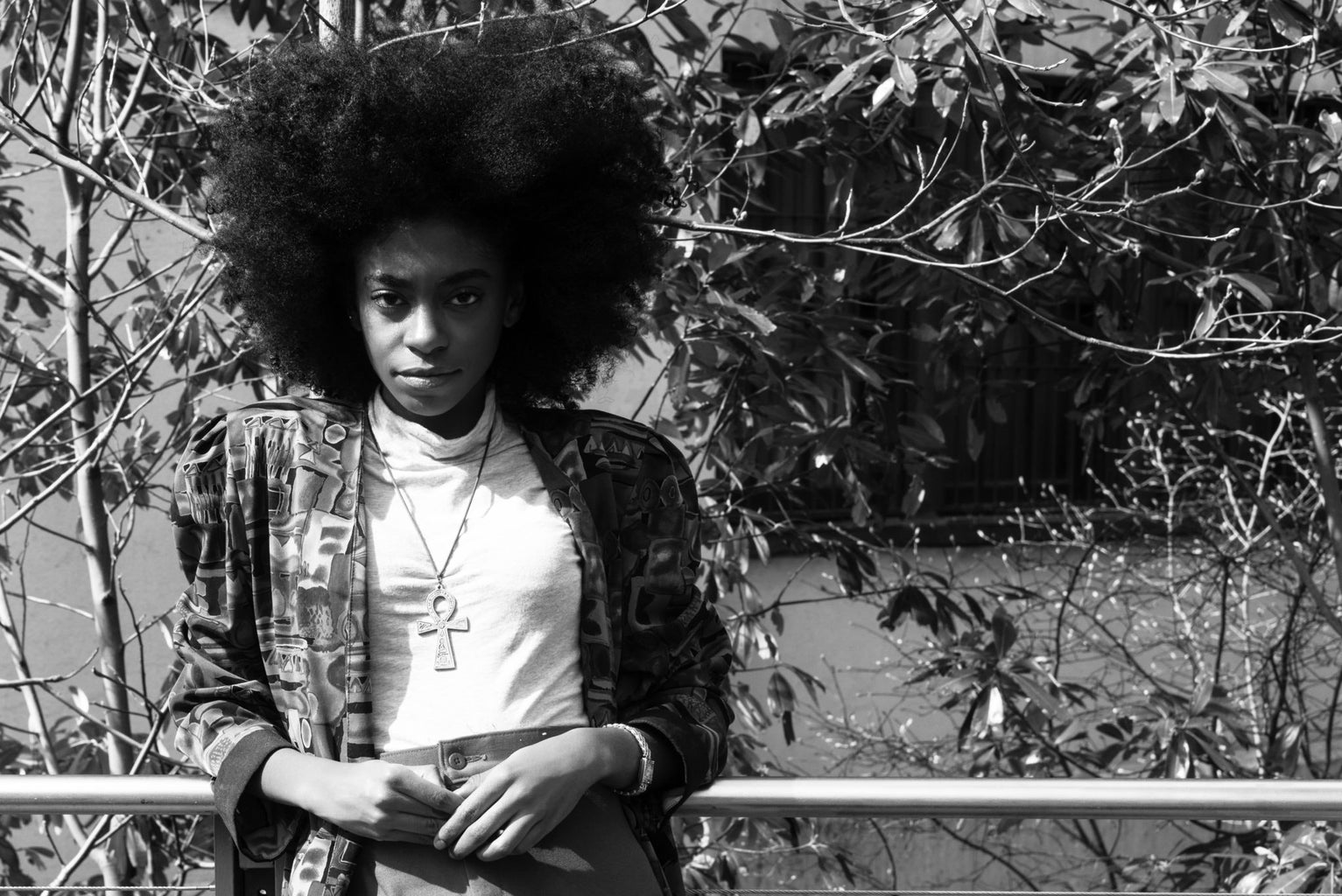A look into ”the BIg chop” anD naturaL hair
Recently, pop star and rapper Doja Cat, debuted her new hair-do, a completely shaven head. A big shock to many. Her responses were split; some viewed it as a worthy risk, while some suddenly became worried for Doja.
I always found it interesting the strong response people have towards women choosing to rock a short look. What I found more interesting, however, are the responses to black woman particularly. You may be wondering, what’s the big deal? I’m wondering the same.
The big chop started its prominence due to rise of the “Natural Hair Movement.” I remember being 10 years old in the early 2010s seeing everyone around me cut their hair and remove chemical relaxers that previously left their hair straight. I even participated my self, alongside my mother who was embarking on this journey.
The “Natural Hair Movement,” is, in my opinion, the descendent of the “Black Power” movement of the 60s and 70s, which carried a similar message. It was all prompted by generations of politics surrounding black hair, particularly black women’s hair. Many black women through recent decades have opted for relaxers and weaves to diminish the Afro-centric nature of their hair, in order to assimilate into the racist expectations of white America. It was the standard way of addressing black hair, often thought to promise better treatment. Not only in places like work, school, but also dating.
The biggest comment made when Doja cut her hair is how she sacrificed her desirability to the masses by having no hair. This is a long standing issue rooted in misogyny; that a woman’s personal appearance should be centered around the wants and likes of men. It’s an even more complicated conversation when race is factored as well. It’s a standard still held today. So, when black people started to reject this standard influenced by white supremacy, it came as a shock to many, both in the 70s and now.
Black hair quickly became political. Rocking one’s natural locks was a stance against Eurocentrism. To separate oneself from this past, it’s symbolized in the cutting of hair that was formally changed to conform. However, with black hair quickly becoming acquainted with a political stance, some people often feel imprisoned by the hair on their head. Whether it was natural or relaxed, there was always going to be some commentary.
Another thing for consideration is maintenance of natural hair. Curly, kinky hair has only recently started to become an accepted standard of hair in the beauty industry. Many hair products for the past decades only concerned the topic of how to straighten or cover natural hair, not to care for it or maintain it. A lot of women who find themselves making the plunge to go natural often find it difficult to adjust, as the the information out there is all fairly new without much concise and accurate advice/instruction. There’s a new rule for natural hair trending everyday.
In this, you find women like Doja Cat. Women who never felt they could take care of it. Women who never could understand it. Women who felt they didn’t have the time or skill for it. To deal with this they go many routes: go back to relaxers, wigs and weaves, or shave it. And no matter what is decided, something always will be said because of the politicizing.
After all of this, what conclusion can be made about the big chop. The fact of the matter is, it is a big deal. But should it be?
As someone who has big chopped 3 times, I can tell you that it shouldn’t be, depending on the why. Black women deserve the freedom of choice with hair just like our white counterparts. Our existence doesn’t always have to be a political statement. Some women prefer shorter hair, some want something different, some want something easier, some just want it to be healthy, etc. There’s so many reasons that someone may decide to cut it all off, and society making it a commentary on racial issues every time can trap black women in to a box where they feel no freedom in human autonomy.
Conversations of racism and its encompassing topics will always be important and there are many worthy conversations to be had about its affect on black women’s appearance, but at what point does the conversation start to become more about policing and assuming someone’s character? When the issue is clear in someone’s motive, the discussion is fair, but every black woman that decides to big chop isn’t meant to be a think piece.
If a harmful rhetoric isn’t being spread, let black women do what they want. Period.



